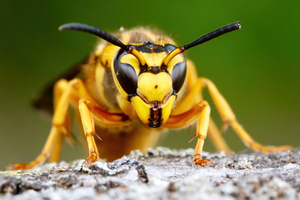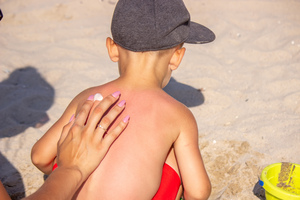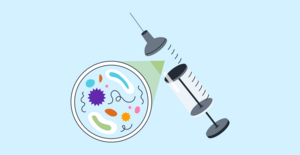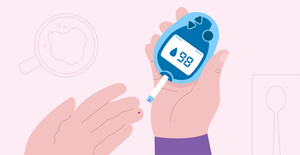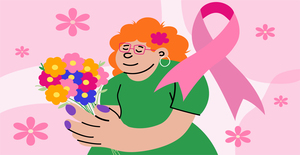Key points
- Bird flu is a virus that primarily affects birds but can infect humans through direct contact with infected birds or contaminated surfaces.
- Practicing good hygiene, such as washing hands after being near birds and avoiding touching wild birds, can lower risk of exposure.
- Recognizing symptoms of bird flu, which resemble seasonal flu, and seeking early medical attention can make a significant difference.
- Reducing exposure by avoiding live bird markets, cooking poultry thoroughly, and staying informed about outbreaks can further protect against bird flu.
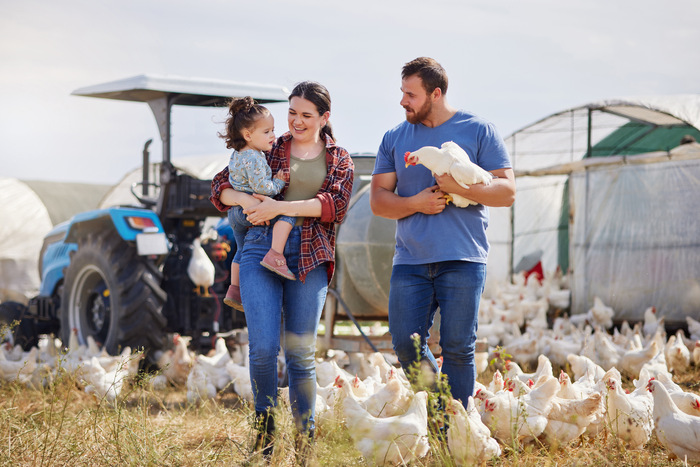
Bird flu, or avian influenza, might sound like something only farmers or birdwatchers need to worry about — but that’s not the case. With recent outbreaks making headlines and health experts keeping a close eye on how it spreads, it's smart for families to know how to stay safe.
Here’s the good news: with a few simple habits, you can seriously lower the risk of bird flu exposure in your home. Let’s break it down:
What is bird flu and how does it spread?
Bird flu is a type of flu virus that mostly affects birds — especially wild waterfowl like ducks and geese—but it can sometimes infect people, too. The most well-known strains are H5N1 and H5N8. While rare, human infections can happen and tend to be serious.
So how does it spread? Here’s what you should know:
- Direct contact with infected birds (alive or dead)
- Touching surfaces contaminated with bird droppings or saliva
- In rare cases, limited human-to-human transmission may occur
Bird flu has been popping up more often, with recent alerts from the CDC warning people — especially those in rural areas or near bird habitats — to be cautious. But no matter where you live, taking precautions matters.
Step 1 – practice safe hygiene around birds
Good hygiene can go a long way, whether you’re visiting a farm, a petting zoo, or just out for a walk in the park.
Here’s what you can do:
- Wash your hands thoroughly after being outdoors or near birds.
- Don’t touch wild birds — even if they look sick or injured. Teach kids to admire birds from a distance.
- Avoid feeding birds with your hands or touching bird feeders and birdbaths without gloves.
Pro-tip for parents: Make handwashing a fun routine for kids after outdoor play. Use a song or timer to ensure they scrub for at least 20 seconds!
Step 2 – know the symptoms and stay vigilant
If bird flu does spread to humans, catching it early is key. Symptoms can look a lot like seasonal flu, so it’s important to be alert.
Look out for these symptoms:
- Fever
- Cough
- Sore throat
- Muscle aches
- Fatigue
- Diarrhea, eye infections, or trouble breathing (more rare)
If anyone in your household shows severe flu-like symptoms—especially after contact with birds or bird-related environments — it’s time to see a healthcare provider. Early testing and antiviral treatment can make a big difference.
Step 3 – limit exposure and be prepared
While you can’t eliminate all risks, you can reduce exposure by making some smart choices:
- Avoid live bird markets or places with recent outbreak reports
- Cook poultry and eggs thoroughly — yes, bird flu can be killed by heat
- Consider adding air purifiers to your home, especially during flu season
- Keep disposable gloves and masks handy for cleanup or emergencies
- Sign up for updates from trusted sources like the CDC or World Health Organization
Staying informed helps you act fast if cases start rising in your area.
When to visit urgent care for flu-like symptoms
If you or a family member starts feeling flu-ish — especially after a possible exposure—don’t wait it out at home. Head to urgent care, especially if symptoms are getting worse or if there are breathing problems.
Solv makes it easy to find and book urgent care appointments near you. Skip the wait, get answers, and start feeling better—fast.
Worried about bird flu? Don’t be! With a few simple steps, you can help protect your family and stay one step ahead. Stay smart, stay clean, and book a visit with urgent care through Solv if you’re in any doubt.
FAQs
What is bird flu and how does it spread?
Bird flu, also known as avian influenza, is a type of flu virus that primarily affects birds, particularly wild waterfowl like ducks and geese. However, it can sometimes infect humans as well, with the most well-known strains being H5N1 and H5N8. The virus can spread through direct contact with infected birds, touching surfaces contaminated with bird droppings or saliva, and in rare cases, limited human-to-human transmission.
What steps can I take to protect my family from bird flu exposure?
There are three key steps to protect your family. First, practice safe hygiene around birds by washing your hands thoroughly after being outdoors or near birds, avoiding touching wild birds, and not feeding birds with your hands. Second, know the symptoms of bird flu and stay vigilant. If anyone in your household shows severe flu-like symptoms, especially after contact with birds, it's time to see a healthcare provider. Third, limit exposure by avoiding live bird markets, cooking poultry and eggs thoroughly, and staying informed about updates from trusted sources like the CDC or World Health Organization.
What are the symptoms of bird flu in humans?
Symptoms of bird flu in humans can resemble those of the seasonal flu. They include fever, cough, sore throat, muscle aches, and fatigue. More rare symptoms can include diarrhea, eye infections, or trouble breathing. If these symptoms appear, especially after contact with birds, it's important to seek medical attention promptly.
When should I seek medical attention for flu-like symptoms?
If you or a family member starts experiencing flu-like symptoms, especially after potential exposure to birds or bird-related environments, it's important to seek medical attention promptly. This is particularly crucial if symptoms are severe, worsening, or accompanied by breathing problems.
What precautions should I take when visiting places with birds?
When visiting places with birds, such as farms or petting zoos, it's important to practice good hygiene. This includes washing your hands thoroughly after being outdoors or near birds, not touching wild birds, and avoiding feeding birds with your hands or touching bird feeders and birdbaths without gloves.


